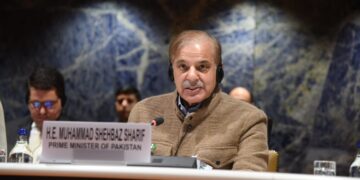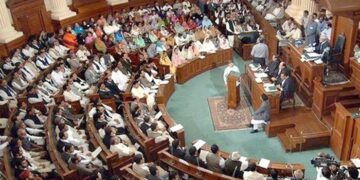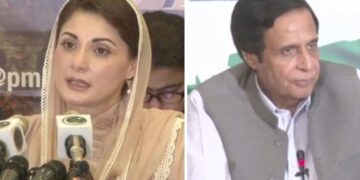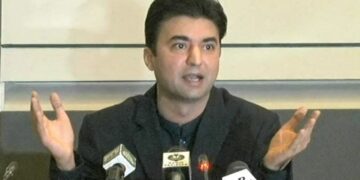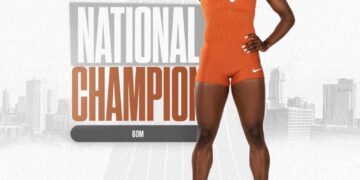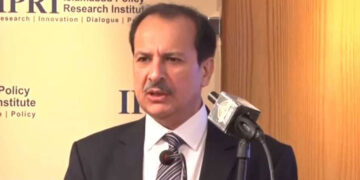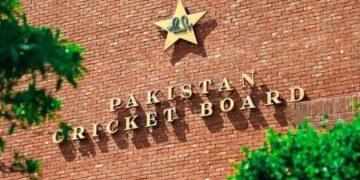The Pakistan National Heart Association (PANAH) has recently made suggestion to the Pakistan Cricket Board (PCB) to play its role in putting a stop on promotion of beverages by the Pakistani players. It is to be noted that, the PANAH has made the suggestion to the PCB Chairman, Zaka Ashraf through a letter.
The letter added that, “Sugary drinks are one of the major reason behind many types of non-communicable diseases (NCDs), including heart, diabetes, kidney diseases, and several other types of cancer. Therefore, the PCB should discourage ad of sugary drinks.”
It is to be hereby added that some of the cricketers have been promoting the sugary beverages. While sharing the details on the above mentioned, the PANAH Secretary General Sanaullah Ghumman said that, “More than 33 million people were living with diabetes in Pakistan.”
He added that, “Another 10 million people are currently pre-diabetic. Pakistan ranks first in the world with the fastest growth of diabetes. Around 400,000 people die in Pakistan almost every year due to the diabetes and its complications alone. If no immediate steps are taken, by 2045, the number of patients of diabetes in Pakistan will cross 62 million.”
Ghumman added that, “Sugary drinks were one of the major reasons of many NCDs, including diabetes. These kinds of sugary drinks alone can increase the risk of diabetes by 30%. A small glass of sugary drinks contains 7 to 9 teaspoons of sugar, which leads to sudden increase in the disease rate. Our children and youth watch cricket with great passion and consider the players as their role models or heroes. When these players take part in the promotion of sugary drinks, there is a chance of rapid increase in the consumption of these drinks among the youth, which is resulting in diabetes among the youth.”
He added that, “I appeal to the cricket board as well as the players that you are our heroes. The younger generation follows you. Any action you take changes their life, so please keep the young generation in mind while taking part in promotions of beverages.”
